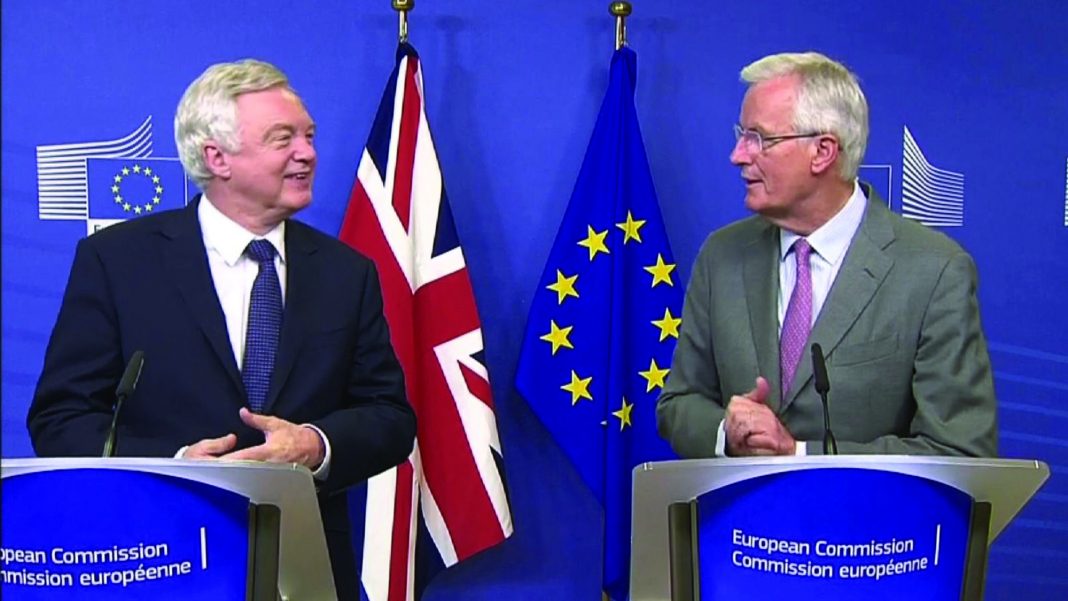UK’s Chief Brexit negotiator, David Davis, says that he has reached an agreement with the EU that British and EU pensioners will retain their reciprocal rights to healthcare on Brexit.
He says that the deal applies to pensioners throughout the European Union, whether they are living in the UK or elsewhere. This means that the National Health Service will continue to pay for pensioner’s healthcare, after a deal was agreed, in principle, by negotiators in Brussels.
Davis welcomed the agreement saying that “this is particularly good news for British pensioners who are residing in the EU. It is one of just a handful of advances that we have made but it is one of the most important and will put the minds of a good many people at rest.”
Other areas of agreement included the continuing recognition of professional qualifications across the bloc, allowing lawyers, doctors, accountants, seafarers, train drivers and others who have moved to or from the UK to another EU country to continue working under their existing credentials.
He added that agreements had also been reached with regard to “frontier workers”, people who live in one country but commute to work in another.
According to figures issued to a parliamentary select committee this year, Britain spends £650m reimbursing other EU countries for treating British patients. Of that, about £500m goes on 190,000 registered pensioners, including 70,000 in Spain, 44,000 in Ireland, 43,000 in France and 12,000 in Cyprus.
The agreement will also allow a British pensioner who has retired in another EU country to travel to other EU countries on holidays and continue to use the existing European Health Insurance Card should they need medical attention.
But not all has been plain sailing by any means, according to the EU’s chief negotiator, Michel Barnier. “There is still disagreement on more than half the issues discussed, including the eventual oversight of the legal rights of EU citizens,” which he insisted should continue to be held by the European court of justice.





